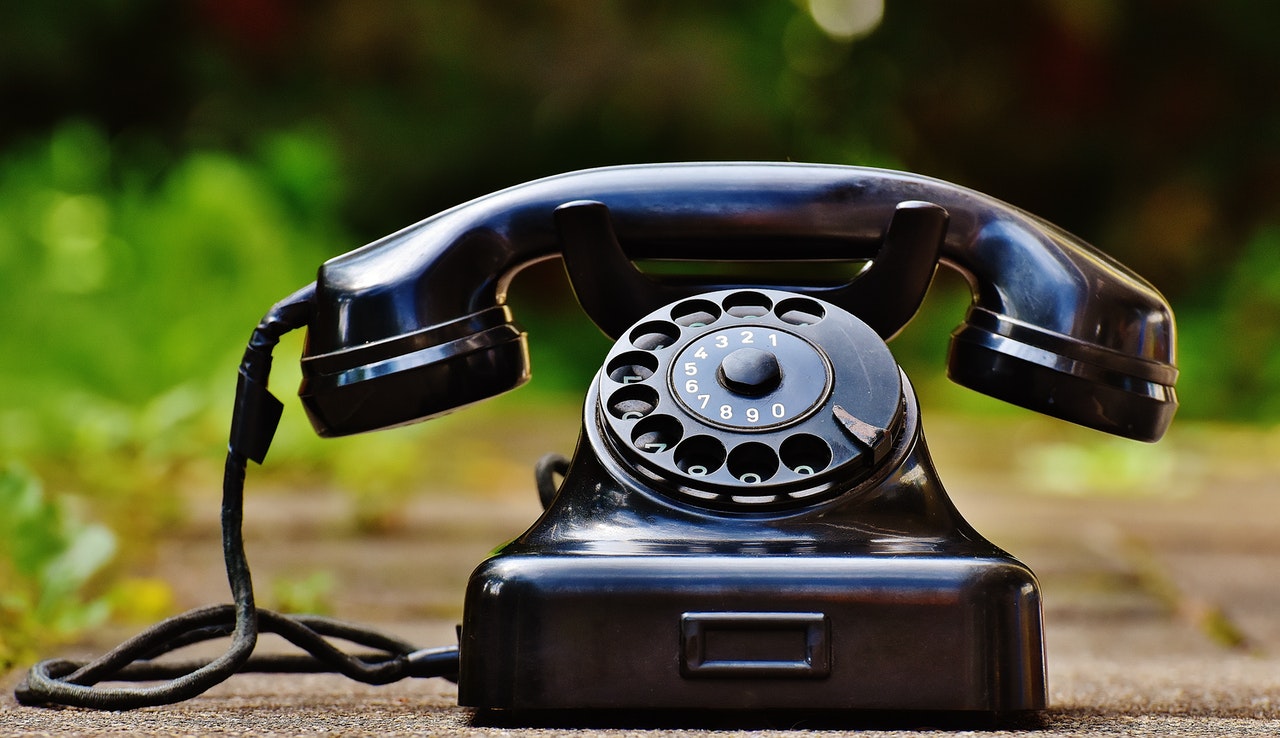At the U.S. Patent & Trademark Office, trademark disputes between parties are adjudicated by the Trademark Trial & Appeal Board. These disputes take the form of cancellation proceedings (against existing registrations) and oppositions (against pending applications). If you are involved in such a proceeding, you certainly need an attorney to have a good chance of success. These proceedings are difficult and have many procedural rules to follow. One of the earliest steps in such a proceeding is the discovery conference that must take place between the parties.
What Is the Discovery Conference?
A cancellation proceeding begins when the petitioner files a Petition for Cancellation against one or more active registrations. An opposition is similarly commenced when an opposer files a Notice of Opposition against a pending application (which must occur during the publication period or after an extension of time to oppose has been filed). Once one of these proceedings has been initiated, the “defendant” must file an answer to the Petition or Notice. After that, the parties must hold the discovery conference.
The discovery conference is essentially a chance for the parties to “get together” and discuss the case, possibilities for settlement, and to set forth a plan for the discovery aspect of litigation. I put “get together” in quotes because they are generally conducted over the phone. In addition, you can request that an attorney or judge from the TTAB join the call. Otherwise, in most cases the TTAB will not participate and will assume the discovery conference has taken place by the appropriate deadline unless either party states that it has not.
What Must the Parties Discuss?
There are a number of issues that should be addressed in the discovery conference. However, they do not necessarily have to be given equal weight or time. Depending on the nature of the dispute, some topics will naturally make more sense to focus on than others. Here are the things that the TTAB says must be discussed:
- The nature and basis of any claims and defenses;
- Whether there is the possibility of settling any such claims or defenses;
- If settlement is not possible, whether the scope of the claims and defenses might be narrowed;
- Arrangements for discovery and any disclosures;
- The preservation of any discoverable information; and
- The introduction of evidence at trial.
Like most lawsuits in regular court, many of the disputes that go to the TTAB eventually end up settling. Many of those settlement negotiations start here at the discovery conference, which is very important. The discovery conference is also important in cases that do not settle because, in many instances, it is the first time the parties (hopefully through their attorneys) get together to discuss the merits of the case. It is an opportunity to get a better understanding of the other side and their concerns.
What Happens Next?
After the discovery conference, the process (whether for cancellation or opposition) will continue with the opening of discovery and sharing of initial disclosures. From here, things will really ramp up. Discovery is often lengthy and time consuming. The parties will seek information from one another, primarily through sending questions to be answered (called “interrogatories”) and requesting various documents (called “requests for production”). On the other hand, if settlement talks gain traction the parties can suspend the proceeding and delay the various discovery deadlines. This allows them to focus on settlement without having to juggle the requirements of discovery at the same time.
Would You Like Representation in a Trademark Cancellation or Opposition Proceeding?
As I said before, representing yourself in a TTAB is a big mistake if you want to have a real chance at winning or obtaining a favorable settlement. Whether you want to file such a proceeding or need to defend one, feel free to call me at (480) 360-3499, email me at kevin@yourtrademarkattorney.com, or complete the contact form found on this page to schedule your free initial consultation today. I look forward to speaking with you.


